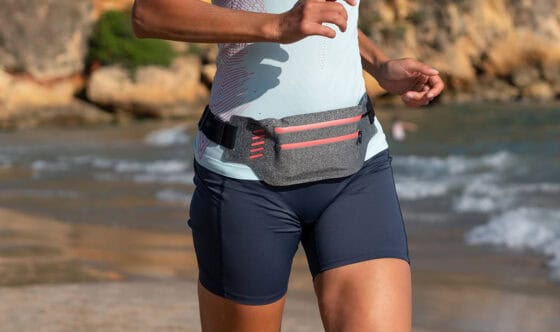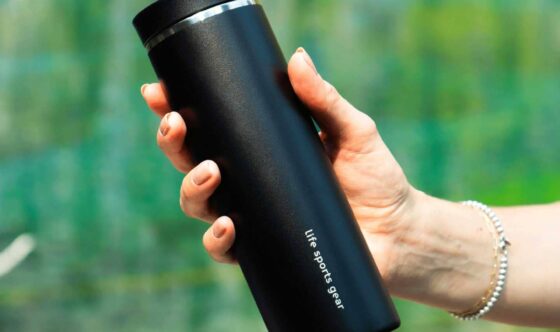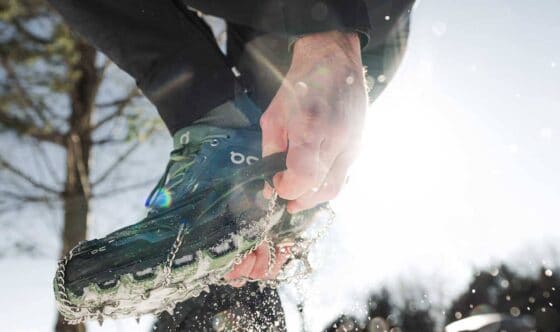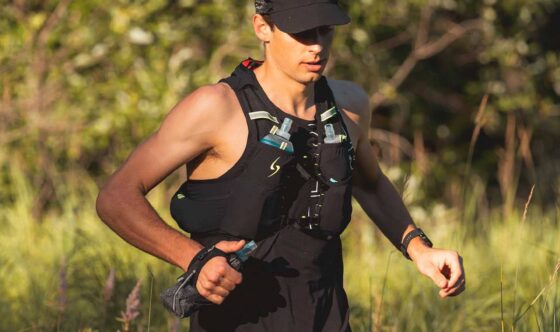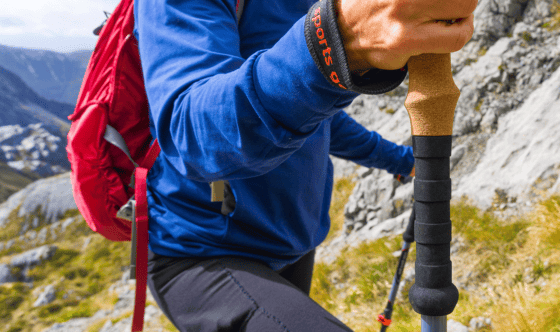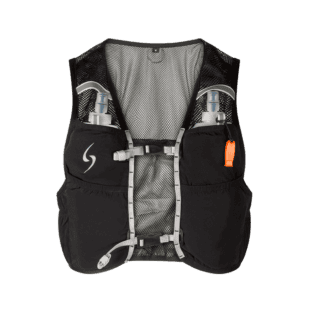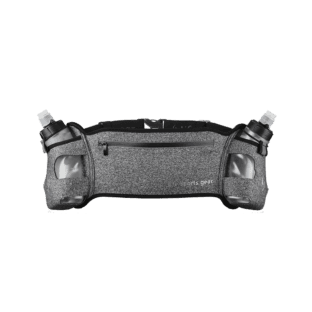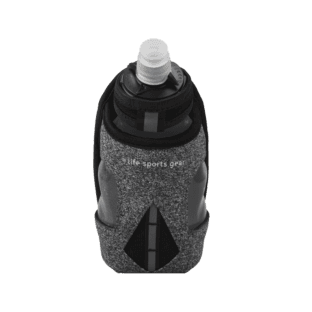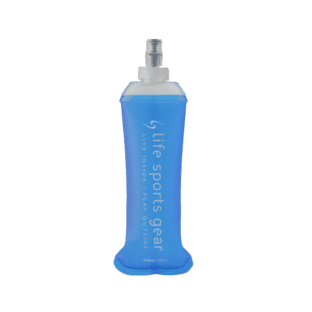What to eat before and after a run
17-05-2024 | RunningAll runners, whether they are looking for performance or not, have at some point questioned their diet. What to eat before a training? What foods should be avoided to prevent discomfort? What nutriments should be looked for after a run? Answers differ for each individual, depending on their metabolism and their beliefs. However, there are recommendations that are appropriate for most runners.
Before your run
What you should eat before a run will depend on the length of your training and the time before you get out. It is important to find the balance between your energy needs and the digestion time you need to avoid discomfort during the activity.
3 – 4 hours before your run: If you have a full three to four hours to digest before going out for your training, you can probably afford to eat a complete meal. Prioritize foods that will provide you with energy and avoid foods that are high in fiber and fat. A piece of chicken, some rice and a serving of steamed vegetables should help you push your limits.
1 – 2 hours before your run: If you have less time, snacks should be able to support you throughout your training. In order to have all the essential energy intake for your day, you can complete this snack with a meal once your run is over. Carbohydrates will serve as fuel during your workout. One to two hours before your training, you can eat oatmeal and small fruits, or have a smoothie if your digestion is more difficult with solid foods.
30 minutes before your run: If you only have 30 minutes between your snack and your training, focus on carbohydrates that will not weigh you down. An energy bar or a banana are good choices that should help your performance.
After your run
Many runners forget that nutrition is not just about pre-workout meals. It is important to eat in the 30 minutes following the end of your run, in order to help your body recover. Complex carbohydrates, such as whole grain bread or oatmeal, will help restore your energy level and protein will repair the muscles used during the run. Do not forget to also include electrolyte-rich foods like milk and peanuts!
You might want to congratulate yourself with a take-out meal from the nearest restaurant, but do not get caught in this trap. Eating food high in saturated fat, especially after a workout, slows down your intake of carbohydrates and protein. Your body will not absorb these elements that are essential for your recovery.
And do not forget to stay hydrated! Whether it is before, during or after your training, hydration is essential for your body to keep enjoying running.
-
Shop This product has multiple variants. The options may be chosen on the product page
Torrent ECO Hydration Vest
$114.99 -
Shop This product has multiple variants. The options may be chosen on the product page
Hydration Belt Wave ECO
$57.99 -
-
Shop This product has multiple variants. The options may be chosen on the product page
Soft Flask
$19.99
Remember that every runner is different and that your digestive system is unique. Certain athletes will set a record on a full stomach, while others will have a hard time finishing one single kilometer. Test and find out what works best for you. For longer runs, bring energy gels or dried fruits to complete your pre-workout snack. The important thing is to do these tests before the official event. That way, you will know how to be at your best on race day.


